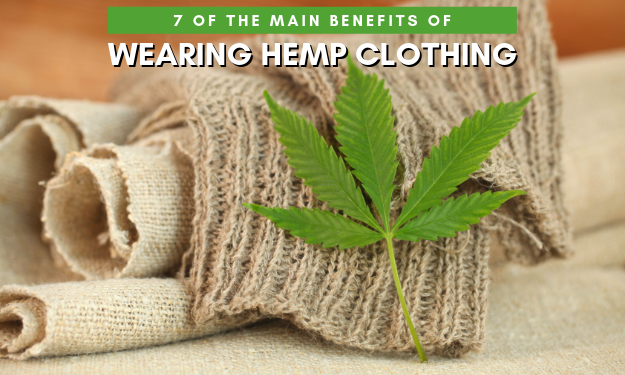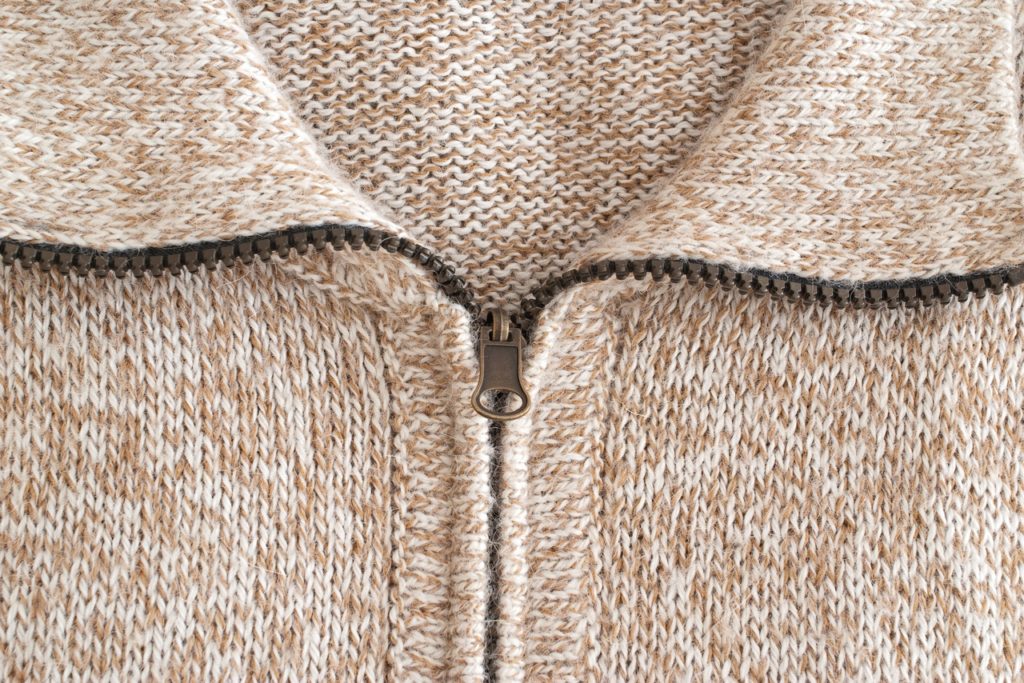Top Facts For Selecting Hemp Clothes
Wiki Article
What Are The Main Differences Between Hemp And Cotton In Terms The Use Of Water, Pesticides, Herbicides Etc.?
Hemp is considered a sustainable crop when compared to cotton in terms of water usage, pesticides, and herbicides due to a variety of reasons.- Water Usage-
Hemp- Hemp is well-known for its low water requirements when compared to a variety of other crops, including cotton. It is a drought-tolerant and low-irrigation plant. In some areas, hemp can be grown with rainwater only. This makes it an efficient water source.
Cotton-Conventional textiles are notorious for their high water consumption. Cotton farming often requires massive irrigation. This can reduce local resources and create water shortages in areas with scarce water resources. Cotton farming's water-intensive nature has led to questions about its sustainability.
Herbicides, Pesticides
Hemp - Hemp's natural resistance to a variety of pests, diseases and weeds minimizes the need for synthetic pesticides. Although some hemp crops require pest management, in general the reliance on chemicals is lower than that of other crops including cotton. Hemp cultivation that is organic can be almost pesticide-free.
Cotton- Conventional cotton farming generally is heavily dependent on chemical pesticides and herbicides to manage weeds and pests. The use of these chemicals can have negative environmental impacts which include water and soil pollution, harm to species not intended for them, and the development of pesticide-resistant insects.
In the end it has been proven that hemp is to be more sustainable when contrasted with cotton. This is due to the fact that hemp uses less water, pesticides, and weedicides.
Hemp is a plant that requires less water than most other crops. It is also able to be planted without rain or irrigation.
Hemp has a natural resistance against a variety of pests.
Hemp farming requires less synthetic pesticides, herbicides, and fertilizers than cotton.
However, it's important to note that sustainable and eco-friendly practices can vary among individual cultivators and even regions. Organic farming also contributes to the long-term sustainability of hemp as in cotton, by reducing the use of synthetic chemicals and enhancing soil health. Regarding clothing and textiles' environmental impact, hemp and cotton fibers which are sustainable and organically made can decrease the fashion industry’s ecological footprint. Read the recommended hemp clothes for more info including hemp shirts wholesale, patagonia volley shorts, hemp apparel fabric, hemp active wear, hemp clothing for men, nomad hemp wear, hemp baja hoodie, hemp clothing, hemp long sleeve shirt, hemp bathing suit and more.

What Is The Hemp-Based Clothing's Performance To Other Fibers In Terms Of Function And Quality?
Hemp clothing has several advantages with regard to function and technology over traditional fabrics, aswell as being more environmentally friendly. Here are some ways that hemp clothing stands apart as an eco-friendly, high-performance option that can help with moisture wicking and breathability.
Hemp fibers have a high wicking capacity and are highly permeable, meaning that hemp clothes are comfortable regardless of the weather. They assist in wicking the moisture away from your body. This will keep you cool and dry and less prone to smells and bacteria.
Temperature Regulation
Hemp clothing is renowned for its thermoregulating properties. It can keep you warm in cool temperatures by capturing heat near to your body and help you stay cool in hot weather by allowing heat and moisture to escape. This natural thermoregulation could reduce the frequency of changing clothes.
Durability and longevity-
Hemp fibers are a durable material. Hemp clothing is believed to be more durable and durable than other traditional fibers like cotton. Hemp garments are durable, meaning they can last longer and decrease the requirement for replacements and consequently, reduce their impact on the environment.
UV Protection-
Hemp fibers help protect skin from harmful UV rays. This is especially useful for outdoor activities and sports.
Biodegradability:
Hemp clothes are biodegradable. This means that it degrades in a natural way as time passes. This property helps reduce the environmental impact of textile garbage. Synthetic fibers can remain in landfills for long durations.
Low environmental impact-
Hemp production generally uses lesser synthetic herbicides or pesticides when compared to cotton. It requires less of the precious water resource. This means it is a more sustainable choice. These environmentally friendly characteristics are boosted by organic hemp farming.
Carbon Sequestration
When they grow hemp plants absorb carbon dioxide from the air. The hemp plant can act as a carbon sink, and also reduce greenhouse gas emissions.
Crop rotation and sustainability
Hemp can be easily incorporated into crop-rotation systems that improve the overall health of the soil. It also lowers the possibility of soil depletion or the accumulation of disease. This method of sustainable farming helps to reduce the environmental impact.
Versatility:
Hemp fibers are mixed with other substances, such as organic cotton or recycled polyester to create eco-friendly, high-performance blends of fabrics. This flexibility allows it to develop eco-friendly and sustainable fabrics.
Low Toxicity
Hemp fibers are low toxicity and don't require a lot of chemical processing for manufacture. This reduces the impact of textile manufacturing on the environmental.
The sustainability of clothing depends on various factors, including dyeing, transportation, and ethical working practices. To make eco-conscious choices, customers can search for clothing brands that emphasize the environment, transparency ethical manufacturing practices, and hemp, or other sustainable fibers. View the top this post about hemp clothes for blog info including jeans hemp, patagonia work pants hemp, dash hemp clothing, patagonia hemp jacket, hemp and cotton fabric, patagonia hemp work pants, hemp active wear, hemp sweater, hemp fleece fabric, hemp sweatshirt and more.

What outdoor activities are you doing and why is bamboo-based clothing revoltionising for?
Bamboo-based clothing is changing outdoor activities because of its unique blend of comfort, durability and performance. Here are some sports where bamboo clothing has a major impact: Hiking
Whybamboo-based clothing has excellent moisture-wicking properties, keeping hikers at ease and dry on the trails. Its breathability aids in controlling the body temperature when hiking even in the hottest of weather. The softness of the bamboo fabric reduces irritation and chafing.
Trail RunningTrail Running
Why? Bamboo clothing's sweat wicking properties and breathability are essential for trail runners that exert themselves in challenging environments. It keeps runners dry and cool to avoid chafing and discomfort in intense workouts.
Camping-
Why is that bamboo clothing offers durability and comfort, which is why it is therefore suitable for camping. The softness of bamboo and its moisture-wicking properties make sure that campers are warm and dry around the campsite, whether they're making tents, cooking, or lounging in front of the fireplace.
Backpacking-
Backpackers are capable of handling different weather conditions with lightweight, moisture wicking clothing. Bamboo-based clothing is breathable, comfortable, and regulates the body's temperature. This makes bamboo clothing an ideal option for long-distance backpacking trips.
Climbing-
Bamboo clothing is adored by climbers due to its flexibility and mobility. Its moisture-wicking properties keep climbers cool and comfortable on difficult climbs.
Mountain Biking
Mountain bikers need to wear clothes that are air-conditioned and moisture wicking in order so that they can remain comfortable on their long trails. Bamboo-based clothing's capacity to regulate the temperature and control the humidity is advantageous for cyclists who are tackling difficult trails.
Yoga and Outdoor Fitness
Why Bamboo's flexibility softness, and moisture-wicking properties make it an excellent choice for yoga and exercise outdoors. It allows for a range of motion that keep the person comfortable.
Fishing-
Whydo fisherman love bamboo's comfort and moisture-wicking capabilities, particularly during long periods of time on the water. Bamboo clothing regulates body temperature and keeps skin dry. This reduces the chance of irritation and discomfort.
and Adventure Travel and Adventure Travel
Why- Bamboo-based apparel is ideal for people who are traveling to diverse climates and environments. The versatility and comfort of bamboo make it a perfect option for trips where space for luggage is limited.
Sustainability-Focused Activities-
Bamboo clothing is popular with people who love the outdoors and who value the environment and sustainability. Bamboo is in line with the ideals of those who strive to minimize their footprint on the environment while taking part in outdoors activities.
In short, bamboo-based clothing is transforming various outdoor activities by providing the comfort of the ability to regulate temperature, moisture, and sustainability. The versatility of bamboo clothing allows it to be used for many outdoor activities, which enriches the experiences of adventurers and nature lovers. Follow the top rated more helpful hints on bamboo clothes for blog advice including kyte pajama, boody bamboo underwear, bamboo pants womens, preemie bamboo pajamas, bamboo tee shirts, bamboo childrens clothing, bamboo yoga trousers, bamboo jacket, bamboo cay christmas shirts, bamboo t shirts mens and more.
